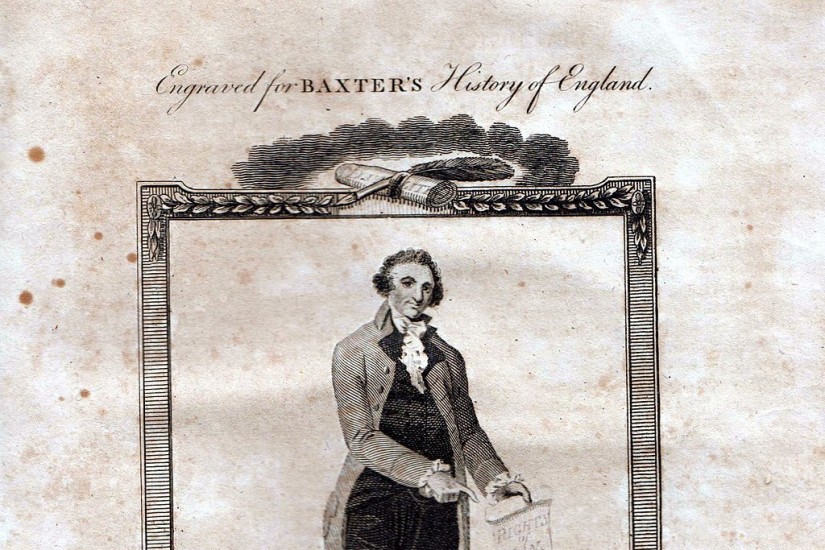The abundance of Paine’s writings flows from the spring of his optimism, and during the twenty years of his engagement in both the American and French revolutions, he counts himself a “friend of [the world’s] happiness.” No matter what question he takes up (the predicament of women, the practice of slavery, the organization of government), he approaches it with generous impulse and benevolent purpose, invariably in favor of a new beginning and a better deal.
When it shall be said in any country in the world, my poor are happy; neither ignorance nor distress is to be found among them; my jails are empty of prisoners, my streets of beggars; the aged are not in want, the taxes are not oppressive…when these things can be said, then may that country boast its constitution and its government.
The democratic idea is not a fable crowned in marble or a tip on a dead horse. It is work in progress, the shaping and reshaping of a once upon a time that proceeds on the assumption that nothing is final; like memory, the democratic idea is the discovery and rediscovery of what it means to be a human being. Roosevelt voiced Paine’s thought in a radio broadcast in the autumn of 1938, talking to the American people about the reactionary Wall Street interests seeking to break down the structures of the New Deal:
I venture the challenging statement that if American democracy ceases to move forward as a living force, seeking day and night by peaceful means to better the lot of our citizens, then Fascism and Communism, aided, unconsciously perhaps, by old-line Tory republicanism, will grow in strength in our land.
American democracy ceased to move forward as a living force in the 1980s. Given the impetus of what was billed as the Reagan Revolution, old-line Tory republicanism has grown into the petrified forest of a selfish and frightened plutocracy distilled in the essence of Donald J. Trump. We live in the spirit of an age convinced that money is the hero with a thousand faces, technology the salvation of the human race.
Increasingly over the past forty years, we have learned to live in a world in which it is the thing that thinks and the man who is reduced to a thing. In place of memory, we have machines to tell us who and how and what we are, where to go and what to do, text A for yes, B for no. Not only do we not object to our dehumanization, we regard it as a consummation devoutly to be wished—to be minted into the coin of celebrity, become a corporation, a best-selling logo or brand, an immortal product in place of mortal flesh.
Our remembered past becomes the property of Big Brother Facebook, heir to the throne of Big Brother King George III. The company’s market capitalization of $550 billion accrues from the sale and resale of other people’s memories—their lives and liberties and pursuits of happiness included in the low, low bargain price for their likes and dislikes. Facebook algorithms some years ago started cheerfully suggesting to survivors of terrorist attacks happy reminiscences of the tragedies. Embarrassed by its stupidity, Facebook in 2018 proudly introduced a new algorithm designed to detect and suppress undesirable memories.
